Publications
Articles, publications, books, tools and multimedia features from the U.S. Institute of Peace provide the latest news, analysis, research findings, practitioner guides and reports, all related to the conflict zones and issues that are at the center of the Institute’s work to prevent and reduce violent conflict.
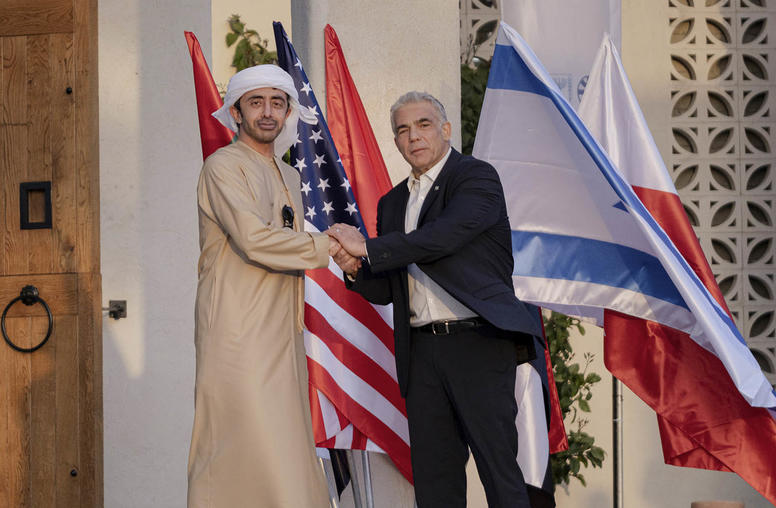
Historic UAE-Israel Trade Deal Proves Abraham Accords' Resilience
Nearly two years since the signing of the Abraham Accords — U.S.-brokered agreements normalizing Israeli relations with the UAE and Bahrain — the bilateral hope and promise encapsulated in that diplomatic achievement have borne fruit in several arenas. This is particularly the case between Israel and the UAE, underscored most recently by the Free Trade Agreement (FTA) signed between the two countries on May 31. Indeed, the agreement follows a steady pace of warming ties and joint endeavors since the two countries agreed to normalize ties in 2020.

Lucy Kurtzer-Ellenbogen on Israel’s ‘Groundbreaking’ Summit
Israel’s Negev summit with top Arab and U.S. diplomats was “groundbreaking” for the region. “You could not think of a more dramatic way to underscore the acceptance of Israel into the Arab world,” says USIP’s Lucy Kurtzer-Ellenbogen.
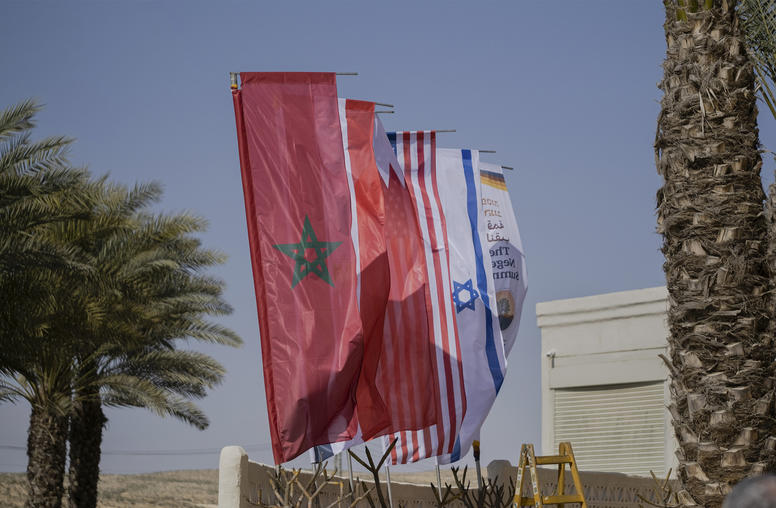
The Negev Summit Furthers Arab-Israeli Normalization
Earlier this week, the top diplomats from Egypt, Morocco, Bharain, the UAE and the United States arrived in Israel at the invitation of Israeli Foreign Minister Yair Lapid for what was named the Negev Summit. Building on the normalization breakthrough started by the 2020 Abraham Accords, the summit marked a significant diplomatic shift for the region — especially as concerns mount over the fallout from Russia’s invasion of Ukraine. USIP’s Lucy Kertzer-Ellenbogen and Ambassador Hesham Youssef look at what happened at the summit, how the topics of Iran and Russia were addressed, and what this means for the Israeli-Palestinian peace process going forward.

Lucy Kurtzer-Ellenbogen on a U.S.-Israel Relationship Reset
Iran and the Israeli-Palestinian conflict will likely top the agenda during Israeli Prime Minister Naftali Bennett’s meeting with President Biden. But USIP’s Lucy Kurtzer-Ellenbogen says the talks will also serve as a “relational reset … this will really be about setting a tone between these two new leaders.”

People to People: Examining Grassroots Peacebuilding Efforts Between Israelis and Palestinians
Lucy Kurtzer-Ellenbogen, director of the Israeli-Palestinian conflict program, testified on July 21, 2021 at the House Foreign Affairs Subcommittee on the Middle East, North Africa, and Global Counterterrorism's hearing on "People to People: Examining Grassroots Peacebuilding Efforts Between Israelis and Palestinians." Her expert testimony as prepared is presented below.
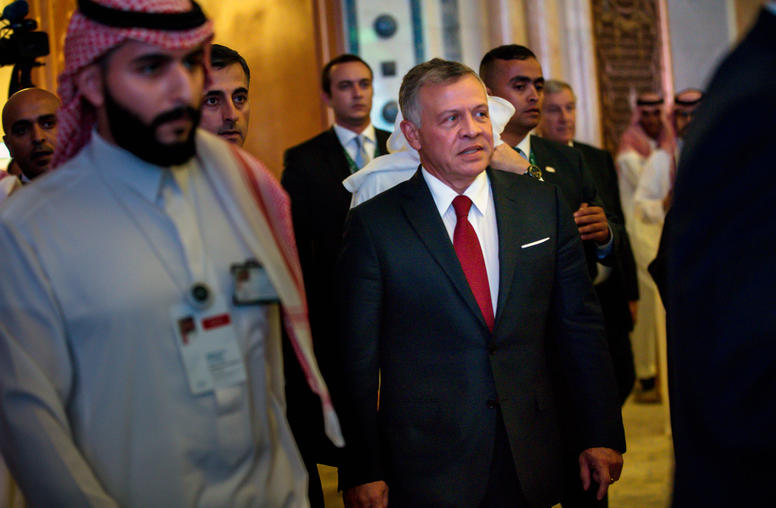
In Washington Visit, Jordan’s King Looks to Reset Relations, Reassert Regional Role
On Monday, King Abdullah of Jordan will become the first Arab head of state to be welcomed by President Biden to the White House. The optics and opportunity are no doubt welcomed by the king, coming at a challenging time for his country domestically and regionally. The White House visit follows on the heels of reports of a secret meeting between Abdullah and Israel’s new prime minister, Naftali Bennet, and the announcement of new Israeli-Jordanian water and trade agreements. The message is clear: Jordan is back as a central player and valued ally for the United States and Israel. But beyond the handshakes, the prospect of smooth sailing toward improved relations will be tested by the ever-turbulent waters of the Israeli-Palestinian conflict.
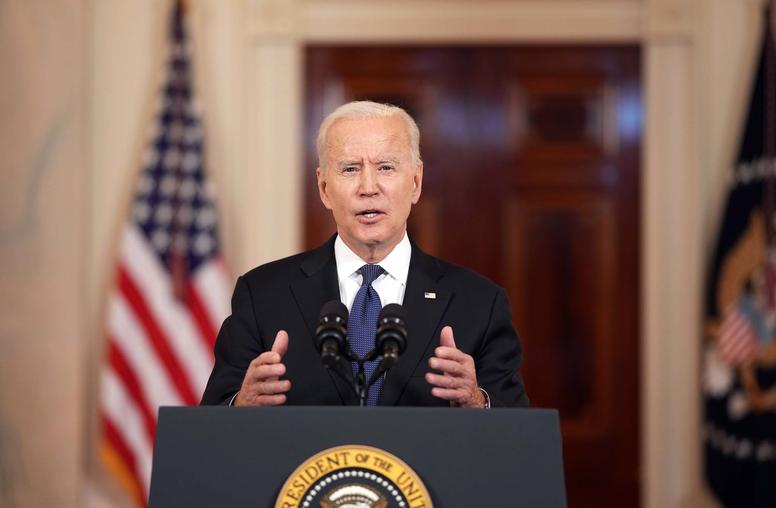
Biden’s Implicit Warning to Israelis and Palestinians
As a new government takes power in Israel, questions emerge about its collective ability and will to move the needle in a constructive direction on the ongoing occupation and the Israeli-Palestinian conflict. The narrow coalition, spanning a broad political and ideological spectrum, consists of avowed opponents of a Palestinian state — Prime Minister Naftali Bennett among them — alongside staunch advocates for the two-state solution. The governing coalition also assumes its role in a divided society on several fronts following 12 consecutive years with Prime Minister Benjamin Netanyahu at the helm.
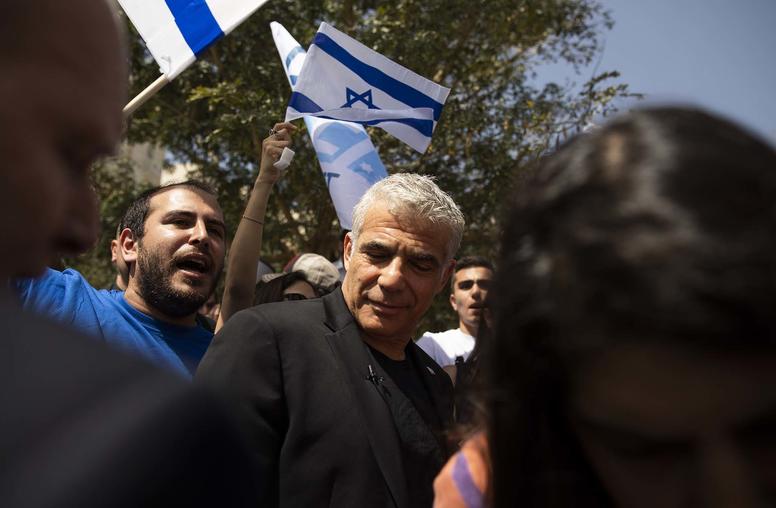
Can Israel’s New Coalition ‘Change’ the Israeli-Palestinian Conflict?
With minutes to spare before his mandate to form a coalition expired, Yair Lapid, the leader of Israel’s center-left Yesh Atid party, announced that he had formed a governing bloc. This announcement could usher in an Israeli government that, for the first time in 12 years, is not led by Benjamin Netanyahu. The down-to-the-wire negotiations befit the prior two years of Israeli political drama — with four elections held since April 2019. While this potentially portends a new, post-Netanyahu chapter in Israeli politics, it is unlikely that the ideologically disparate coalition cobbled together by Lapid —with Naftali Bennet, a hard-right politician, at its helm — will yield significant progress toward peace.

Lucy Kurtzer-Ellenbogen on Israel’s Political Crisis
As Israel heads toward a fourth elections in two years, USIP’s Lucy Kurtzer-Ellenbogen says the incoming Biden administration will need to engage in a “balancing act” to “navigate this situation and not start off with a rocky, tempestuous relationship.”

Lucy Kurtzer-Ellenbogen on Israel’s Political Turmoil and the Coronavirus Crisis
After three elections, Israel’s political crisis is reportedly coming to an end. Lucy Kurtzer-Ellenbogen explains that the focus has now shifted to the coronavirus pandemic and its impact on the Israeli-Palestinian conflict, saying, “What you do often see in the face of these immediate crises is a lot of banding together and cooperation … the question is how long it holds afterwards.”